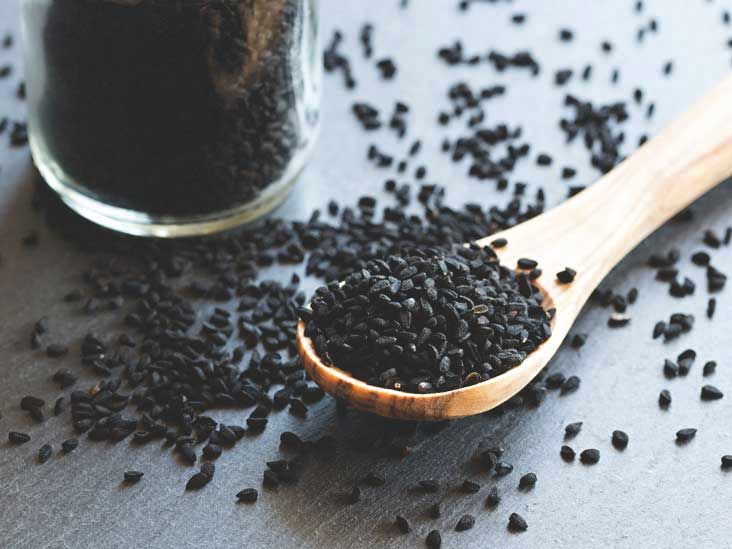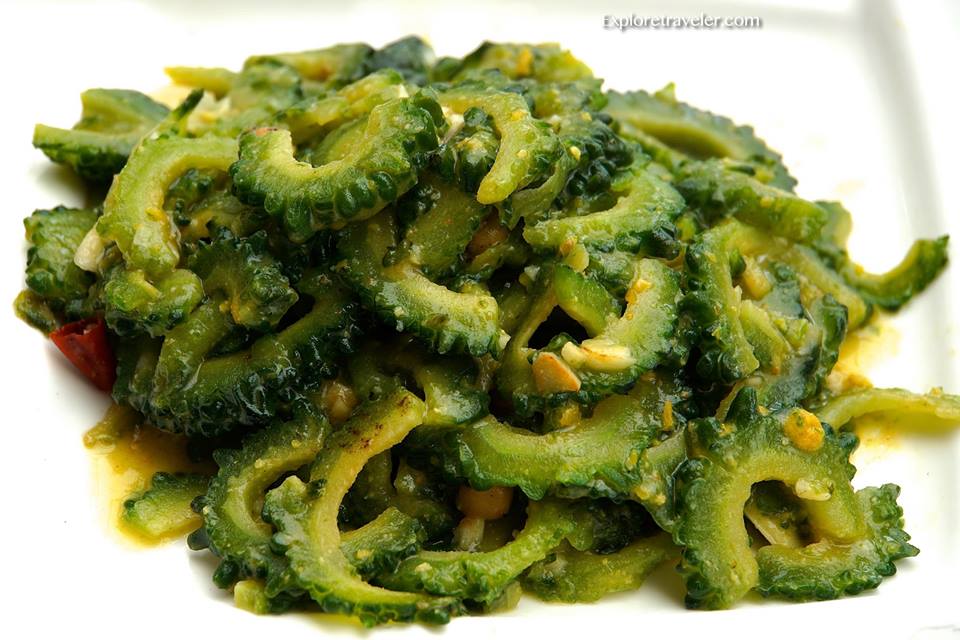Here's something that'll make you look at your spice rack differently:
that jar of cinnamon sitting there? It might be one of the most
researched diabetes remedies on the planet. Ancient Greeks, Romans, and
Chinese healers used it for medicinal purposes thousands of years ago,
and now we know why.
A systematic review found that
1000 mg of cinnamon daily for 3 months could reduce blood sugar
levels
in type 2 diabetes patients. What caught my eye wasn't just the blood
sugar reduction - it was the mechanism. Cinnamon doesn't just lower
glucose; it makes your body more sensitive to insulin.
What the Research Shows
Clinical Findings:
-
Reduces fasting blood glucose
-
Improves insulin sensitivity
-
Lowers post-meal blood sugar spikes
Additional Benefits:
-
May improve BMI
-
Antioxidant properties
-
Historical medicinal use validated
But here's where it gets really interesting. Cinnamon works through
multiple pathways simultaneously. Research shows cinnamon extracts can
activate glycogen synthase, increase glucose uptake, and inhibit
glycogen synthase kinase-3β. In plain English? It helps your muscles store glucose more
efficiently and makes your cells more responsive to insulin.
The Science Behind Cinnamon's Effects
Cellular Level:
-
• Activates insulin receptor kinase
-
• Inhibits insulin receptor dephosphorylation
-
• Increases glucose uptake by cells
-
• Activates glycogen synthase
Digestive Level:
-
• Blocks digestive enzymes
-
• Slows carbohydrate breakdown
-
• Reduces post-meal glucose spikes
-
• Improves glucose metabolism
One thing I love about cinnamon research is how practical it is. You
don't need some exotic extract or expensive supplement. Regular cinnamon
from your grocery store contains the active compounds. The key is
getting the right amount consistently - and here's where
cinnamon supplementation
might make more sense than trying to eat a teaspoon of cinnamon powder
every day.
Practical Implementation Guide
Supplement Form
1000mg daily
Most consistent dosing
Ground Cinnamon
1-2 teaspoons daily
Add to food/drinks
Ceylon vs Cassia
Both effective
Ceylon has less coumarin
Here's something most articles won't tell you: the type of cinnamon
matters less than you might think for diabetes management. Both Ceylon
("true" cinnamon) and Cassia (regular grocery store cinnamon) show
benefits in studies. The main difference is that Cassia contains more
coumarin, which could be problematic in very large amounts over long
periods.
What I find remarkable is that cinnamon's effects on post-meal blood
sugar are particularly strong. It's like having a natural version of
those enzyme inhibitors doctors prescribe, except it's sitting right
there in your spice cabinet. The research shows it can
block digestive enzymes that break down complex carbs,
which means less glucose absorption after meals.
Want to Learn More About
Diet-Based Blood Sugar Control?
Cinnamon works even better as part of a comprehensive dietary
approach. The Mediterranean diet has been shown to significantly
improve diabetes outcomes through natural foods and herbs.
Discover the Mediterranean Diet for
Diabetes
Evidence-based nutrition approach for better blood sugar control
The bottom line with cinnamon? It's probably the most accessible and
well-researched natural diabetes remedy out there. You can start today,
it's affordable, and the science behind it is solid. Just remember that
like all the herbs we've discussed, it works best as part of a
comprehensive approach that includes proper
diet and lifestyle modifications.

